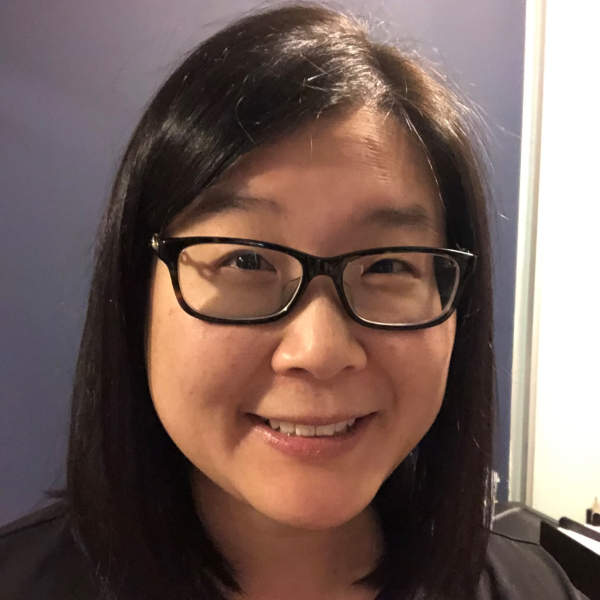The Honourable Mabel Lai
 WHAT WAS YOUR PATH INTO LAW AND ONTO THE BENCH?
WHAT WAS YOUR PATH INTO LAW AND ONTO THE BENCH?
Law was not on my radar until my last year of undergrad. I was studying in the Division of Engineering Science at the University of Toronto, specializing in Engineering Physics. I enjoyed the subject matter, but I didn’t live and breathe it the same way that my classmates did. I envied their passion. I was searching for mine. I applied to industry. I thought about graduate school. Then someone – I can’t remember who – suggested that I become a patent lawyer. That seemed as good an idea as any, so I wrote the LSAT, applied to law school, and was accepted shortly before the school year started. That’s where I discovered my passion for the criminal law. My 1L Criminal Law, 2L Criminal Procedure, and 3L Legal Ethics professor, Justice Michael Code (as he now is), gets the credit – or the blame, depending on your perspective. I was a 2L summer student with the Ministry of the Attorney General, Crown Law Office – Criminal, a judicial law clerk for the Court of Appeal for Ontario, an Assistant Crown Attorney in Peel Region, briefly a defence lawyer in Toronto, and then Crown Counsel at the Crown Law Office – Criminal for the decade before my appointment to the Ontario Court of Justice. It is one of the great blessings of my life that something so extraordinarily poorly planned has worked out so spectacularly well. I’ve been unconscionably lucky.
WHAT EXPERIENCE IN YOUR LEGAL CAREER BEST PREPARED YOU FOR WORK ON THE BENCH?
I’m not sure that I can single out one experience. Clerking for Justice Armstrong, Justice Doherty, and Justice LaForme at the Court of Appeal for Ontario, and litigating before the Ontario Court of Justice in Brampton, showed me how judges can serve their community through the balanced conduct and impartial adjudication of criminal cases, and how they shoulder the weight of judging another human being with dignity, fairness, and compassion. Working at the Crown Law Office – Criminal gave me a wide range of criminal law experience at the pre-charge, trial and appellate stages, and trained me to quickly find, digest and distill large amounts of information. Working as an Assistant Crown Attorney and as a defence counsel taught me that the criminal law is deeply human – emotionally complex, sometimes messy, invariably interesting, and always important. The combination of these experiences has shaped me as a person and as a professional.
WHAT ADVICE DO YOU HAVE FOR COUNSEL WHO APPEAR BEFORE YOU?
I have two pieces of advice – one specific and one general.
The specific advice may be a longer conversation for a different time. I raise it because I have burned a lot of energy thinking about my identity and my place in the legal profession and dissecting every interaction that made me question my belonging or competence. For anyone else who knows that spiral – it’s not just you, and you are not alone. Trust how you feel. Name it. Acknowledge it. Move forward from it. But don’t ignore it, and don’t forget it. And someday, if you recognize that struggle in someone else and if you’re in a position to do so, let them know that you see them and that you’ve been there too.
The general advice is stolen from the best compliment that I received as a litigator and have aspired to ever since – “No fluff”. Justice Laskin’s seminal paper on written advocacy, “Forget the Wind-Up and Make the Pitch”, has many lessons for oral advocacy as well. Everything you tell the court should be relevant to the just and appropriate resolution of the case. Leave out the dramatics and the editorializing. Just say what you want and why the law says that you should get it.
WHAT DO YOU WISH THE PUBLIC KNEW ABOUT THE JUSTICE SYSTEM?
The justice system is full of hard-working, passionate people who genuinely want to deliver a high level of service to the public. Institutions and systems are slow to change, and that characteristic understandably breeds cynicism. But we are all striving for justice in the face of human imperfection. I believe that is a noble calling, and a calling in which we all – justice system participants and other members of the public alike – play an indispensable part.